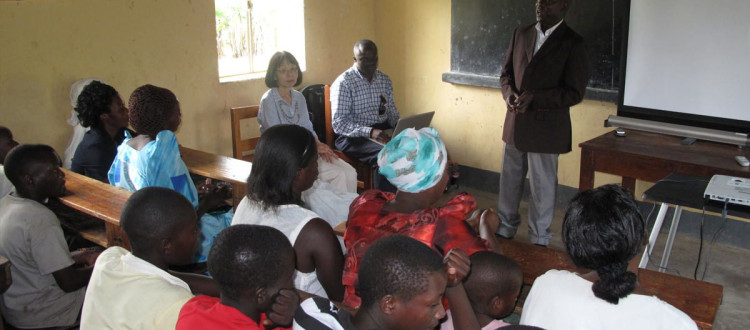A Voice from Uganda
Wendie Veloz currently is working at a field placement in the Rakai District of Uganda. Under the supervision and advisement of the Masaka Diocese Education Secretariat, her tasks include assessing the needs of the schools in the district and writing proposals for funding of projects in the schools. As part of her own research interest, Wendie is also monitoring the institution of Universal Primary Education in Uganda (UPE) which began in 1996.
The Rakai district is located in the southern region of Uganda on the road to Tanzania. There are many schools in the Rakai district which were founded by the Catholic Church under the Masaka Diocese and the church still maintains a relationship with these schools. Despite the church’s involvement, the primary schools are now officially under the control and partial monetary support of the government of Uganda, which is supervised by the Ministry of Education and Sports. The role of the church as the founding body is to work in conjunction with the district’s education officials to monitor the school’s operations, to mediate school-community problems and to seek additional funding for the schools under the Diocese.
Working in Uganda has been very rewarding. I have been given the opportunity to be part of the parish community, to see Professor Fred Ssewamala in action with his wonderful program, and also to learn about daily life in a third world country. However, working in this environment has been challenging as well. A severe drought in East Africa has impacted all aspects of life. The stable things which once existed in Uganda are now posing great problems for the local population. For example, electricity has been so scarce there are often 24 hour periods where there is no electricity as a result of the low water levels in Lake Victoria. The drought and power outages have caused a collapse of the local economy and have caused widespread hunger and hardship amongst the population.
Personally, this has forced me to revert to the “old ways” of researching with a pen and paper! I’ve also had difficulties recording my findings for my needs assessment, writing the proposals and even communicating as my phone is often out of battery and the internet is a 30-minute drive away. But as time has gone by, I am finding that my short stay here only forces me to endure these things for a few months, while people will continue to live like this for many months and years to come if the drought continues.
Politics in Uganda directly affects every facet of life. In regards to the education system, the UPE was started abruptly as a political motive during the 1996 elections. Little infrastructure was developed to sustain such a policy and the vast numbers of children which entered the education system. As a result, 10 years later, the schools are still in very poor condition to accommodate and adequately educate the children attending UPE schools. When I researched UPE as a policy, I learned that while it appears feasible and successful on paper, the government’s figures are bloated and do not accurately represent the current state of the schools.
Many schools I have visited are nothing more than brick structures. Most are built without windows; metal sheets for roofs; dusty un-cemented floors; poor blackboards, and; bench desks which students are crowded into. Schools without facilities teach children under trees. However, with the drought, the trees are dying and schools have even lost their tree-classrooms! Moreover, the education system is founded on test-based promotion after primary and secondary education is completed. Yet, children do not have the skills and knowledge to adequately pass these tests.
The most important thing I have been learning here is the difference between government policy and government action. Even though the policies say that UPE schools are getting better and more schools are being built, I have found that this is not necessarily true in many areas across Uganda. There is so much more that can be done to help these children, teachers and schools. Even providing basic needs such as a teacher’s planning book and cement on the floors of classrooms would greatly improve the situation in some of these schools.
I think that the lack of social workers in Uganda forces other sectors, such as the church; to provide the much needed social services to help the people. I feel more confident in my choice in choosing social work as a profession after being in Uganda where there are very few providing social services. There are more nurses, health workers, teachers and other professionals doing development work in Uganda than social workers. A good indication of how much Uganda lacks social workers is simply the way that I have been introduced to the community. I have been called an educationalist, an education specialist, a researcher and anything imaginable, except a social worker. This clearly shows the lack of knowledge about my role, my training and my investment in development work which is founded in the principles of social justice.
I believe that social workers have many of the skills and training to help alleviate the wide breadth of challenges faced by the people of Uganda, and I encourage more students to explore field work opportunities here.
– See more at: http://socialwork.columbia.edu/news-events/voice-uganda#sthash.DVmRnb3y.dpuf

